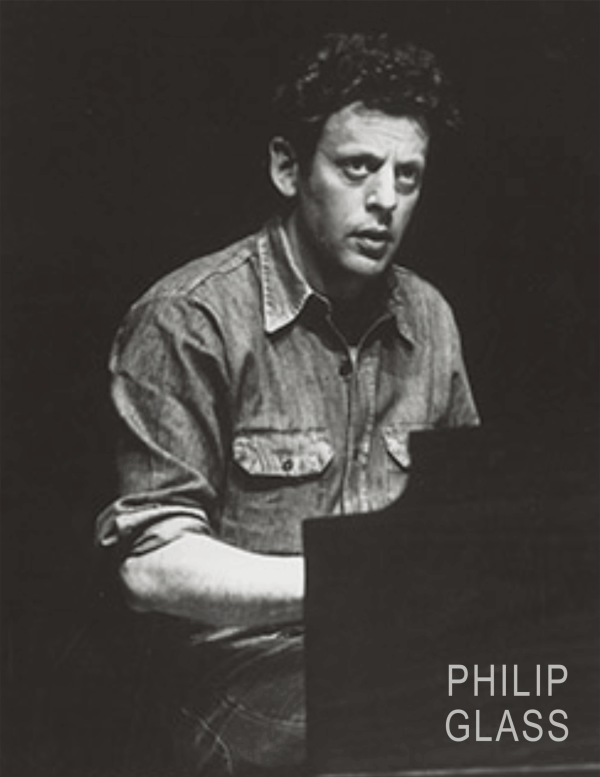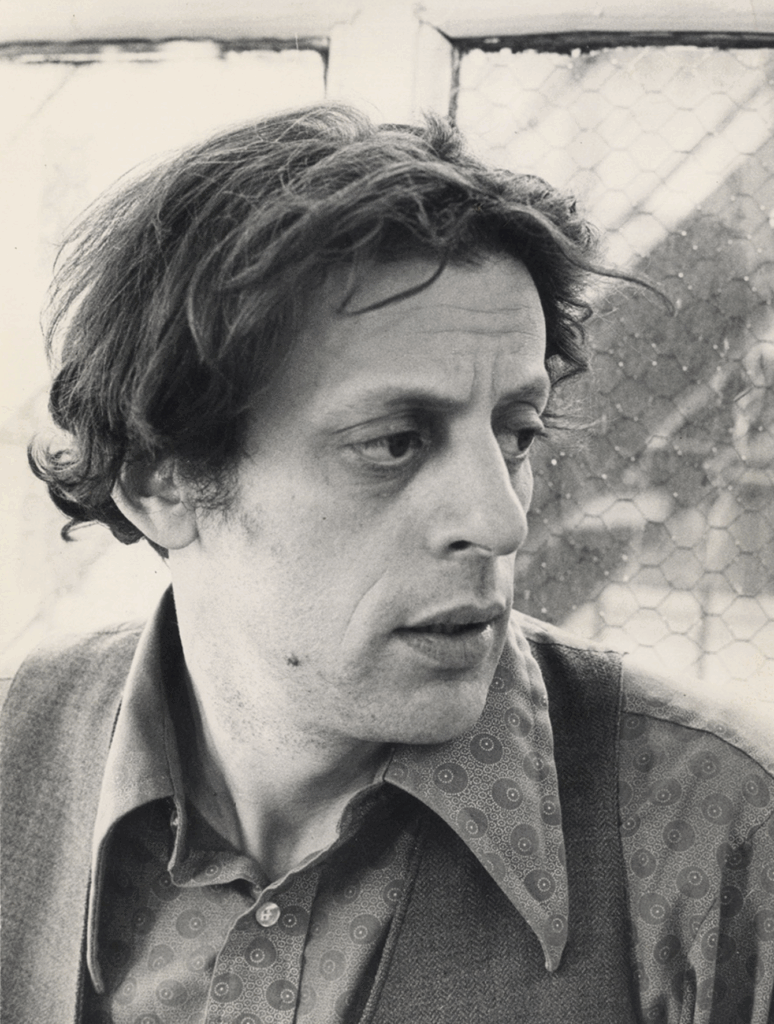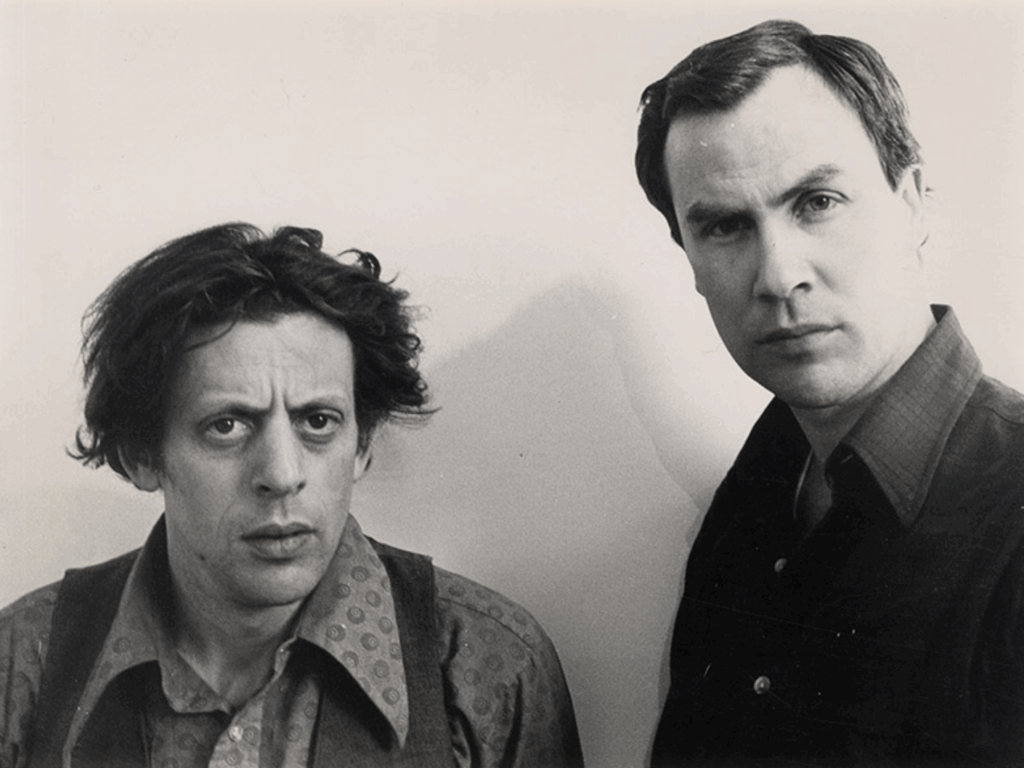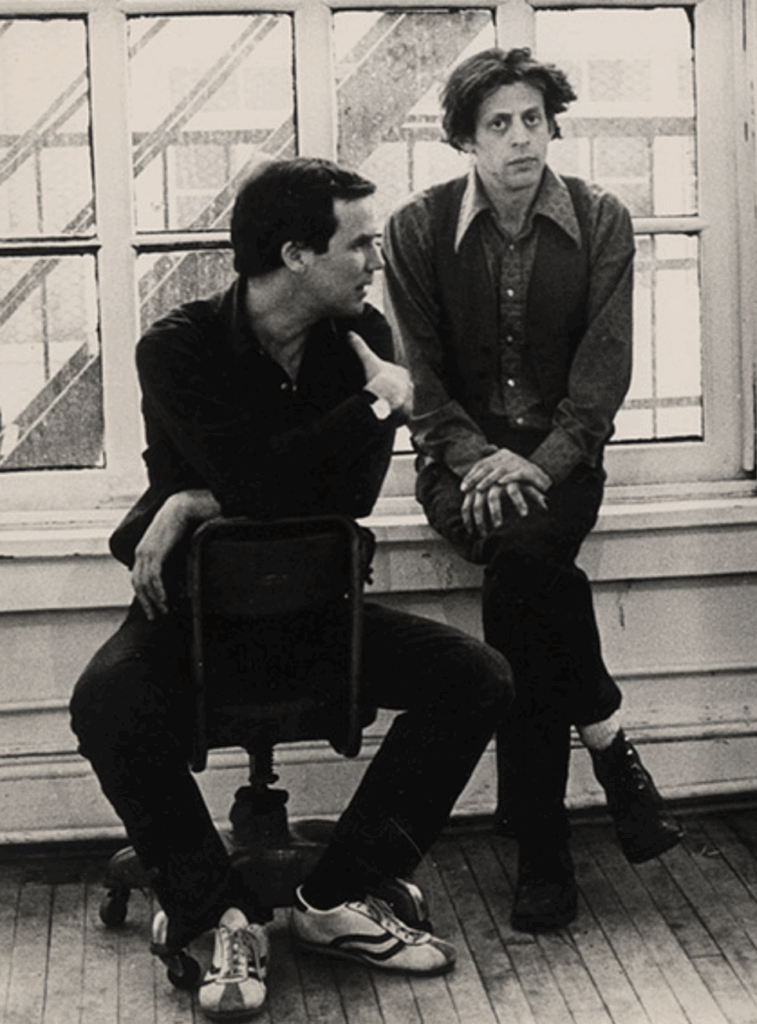
Philip Glass – Composer
Philip Glass is an American composer and pianist who is widely regarded as one of the most influential composers of the late 20th and 21st Century.
Through his operas, symphonies, compositions for his own ensemble, and his wide-ranging collaborations, Philip Glass has had an extraordinary and unprecedented impact on the musical and intellectual life of his times.
Background
He was born in 1937 and grew up in Baltimore. He studied at the University of Chicago, the Juilliard School and in Aspen with Darius Milhaud. Finding himself dissatisfied with much of what then passed for modern music, he moved to Europe, where he studied with the legendary pedagogue Nadia Boulanger (who also taught Aaron Copland, Virgil Thomson and Quincy Jones) and worked closely with the sitar virtuoso and composer Ravi Shankar. He returned to New York in 1967 and formed the Philip Glass Ensemble – seven musicians playing keyboards and a variety of woodwinds, amplified and fed through a mixer.
Impact
Through his operas, symphonies, compositions for his own ensemble, and his wide-ranging collaborations, Philip Glass has had an extraordinary and unprecedented impact upon the musical and intellectual life of his times.
Artistic Scope & Recognition

Glass founded the Philip Glass Ensemble in 1968. He has written 15 operas, numerous chamber operas and musical theatre works, 14 symphonies, 12 concertos, nine string quartets, various other chamber music pieces, and many film scores.
- Received four Grammy Award nominations, including two for Best Contemporary Classical Composition for Satyagraha (1987) and String Quartet No. 2 (1988).
- Received three Academy Award for Best Original Score nominations for Martin Scorsese‘s Kundun (1997), Stephen Daldry‘s The Hours (2002), and Richard Eyre‘s Notes on a Scandal (2006).
- Composed film scores for Mishima: A Life in Four Chapters(1985), Hamburger Hill (1987), The Thin Blue Line (1988), Candyman (1992), The Truman Show (1998), and The Illusionist (2006).
- Wrote Broadway scores for the revivals of The Elephant Man (2002), The Crucible (2016), and King Lear (2019); winning the Drama Desk Award for Outstanding Music in a Play.
- Composed the operas Einstein on the Beach (1976), Satyagraha (1980), Akhnaten (1983), The Voyage (1992), and The Perfect American (2013).
Phil Glass & Robert Wilson =
Einstein on the Beach

One of the most iconic stage pieces of the 20th century, Einstein on the Beach is widely credited as one of the greatest artistic achievements of that century.
This rarely performed work launched its director Robert Wilson and composer Philip Glass to international success. It premiered on July 25, 1976, at the Théâtre Municipal in Avignon, France, as part of the Avignon Festival. The score was performed by the Philip Glass Ensemble and was presented by Robert Wilson’s Byrd Hoffmann Foundation. It subsequently toured to Venice and Paris (where it received rave reviews and international acclaim), as well as Hamburg, Belgrade, Brussels and Rotterdam.
After seeing the production in Rotterdam, New York’s Metropolitan Opera arranged to follow up the European tour by presenting it in New York. The production traveled to New York, where, in November 1976, it received two command, sold out performances, making it the Met’s first presentation of a “contemporary opera,” and establishing both their national reputations.
Composition and Performance History

Philip Glass and Robert Wilson first met to discuss the prospects of a collaborative work, and decided on an opera of between four and five hours in length based around a historical persona. Wilson initially suggested Charlie Chaplin or Adolf Hitler, whom Glass outright rejected, while Glass proposed Mahatma Gandhi (later the central figure of his 1979 opera Satyagraha). Albert Einstein was the eventual compromise. The title appears to reference the apocalyptic novel On the Beach by Nevil Shute. The opera was originally to be titled Einstein on the Beach on Wall Street but was later shortened; neither Glass nor Wilson remember when or why.
Robert Wilson died July 31, 2025 at Water Mill, New York at the age of 83.
For Additional Information:
Photo Archive
Wikipedia
Philip Glass Biography
RobertWilson.com
- African American Movie Memorabilia
- African Americana
- Black History
- Celebrating Women’s HistoryI Film
- Celebrity Photographs
- Current Exhibit
- Famous Female Vocalists
- Famous Hollywood Portrait Photographers
- Featured
- Film & Movie Star Photographs
- Film Noir
- Film Scripts
- Hollywood History
- Jazz Singers & Musicians
- LGBTQ Cultural History
- LGBTQ Theater History
- Lobby Cards
- Movie Memorabilia
- Movie Posters
- New York Book Fair
- Pressbooks
- Scene Stills
- Star Power
- Vintage Original Horror Film Photographs
- Vintage Original Movie Scripts & Books
- Vintage Original Publicity Photographs
- Vintage Original Studio Photographs
- WalterFilm

